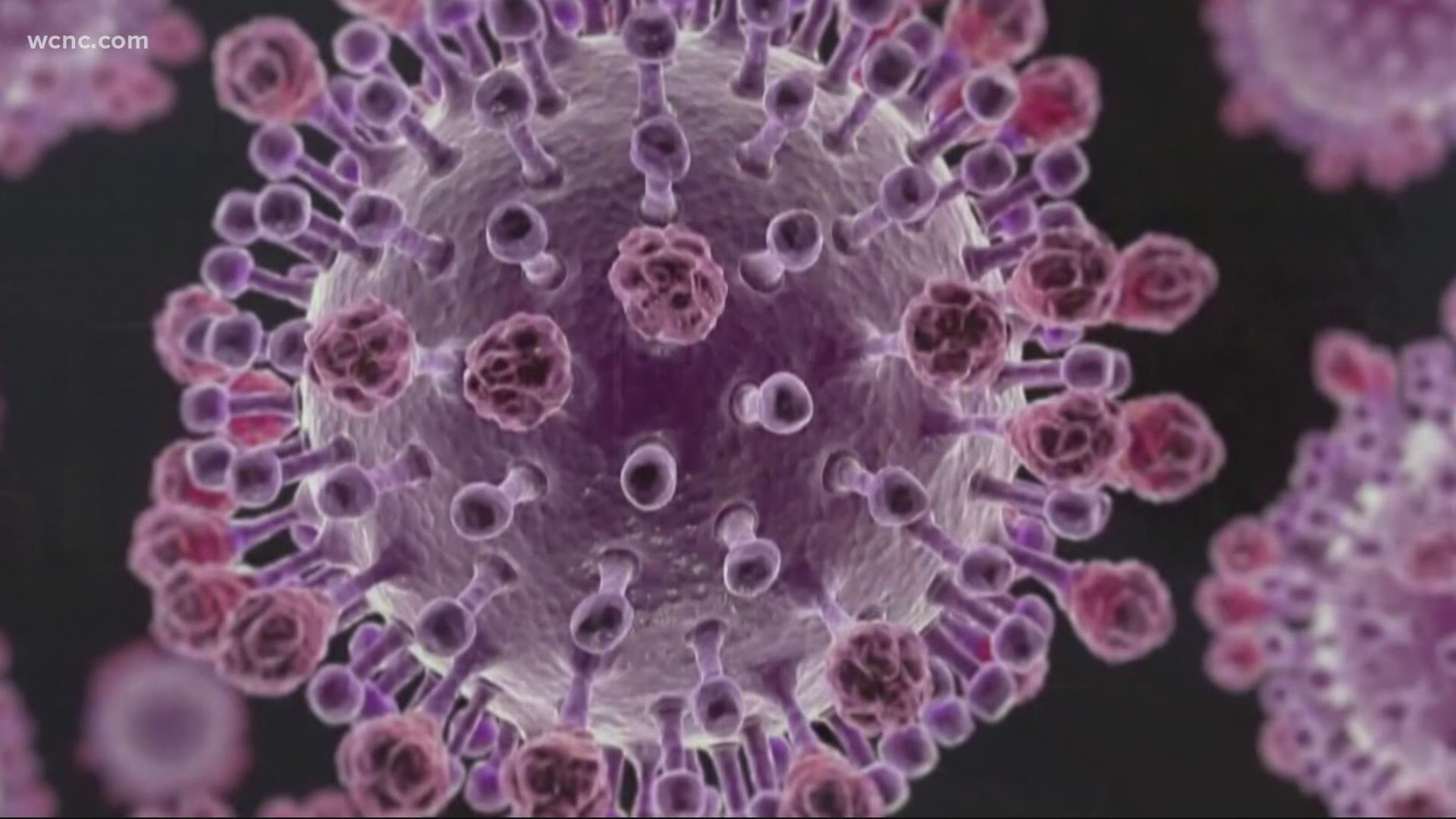SAN ANTONIO — Now that all American adults are eligible for coronavirus vaccinations, many see the pandemic nearing its end. However, for those suffering from "long-haul" COVID-19, the end seems nowhere in sight.
About one in 10 people who test positive for COVID-19 are seeing their symptoms stick around, and are considered long-haulers.
"I am having brain fog, difficulty with word grasping or word pronunciations. I type and spell things wrong, almost like dyslexia," said Kelly Keeney, who was diagnosed with COVID-19 in March of 2020.
She's still suffering greatly with twitches, tremors fatigue and muscle pain.
"I am actually having seizure activity related to neurological post covid neurological syndrome," she said.
The most common symptoms of long-haul coronavirus are cough, shortness of breath, chest and joint pain, fatigue, and brain fog.
"There's actually over 200 different symptoms that people can experience with long COVID," said Dr. Archelle Georgiou, chief health officer for Starkey Hearing Technologies. "And that's what makes this difficult, is that symptoms vary from patient to patient."
The symptoms can even vary day to day for the same patient.
"The fatigue...just comes over you all of a sudden," Keeney said. "I can go out one day and walk a little bit and then the next day I'm doing the dishes and it's the only thing I've done today."
That's where groups like CaringBridge.com come in and offer virtual support for long-haulers. For many, it represents a vital lifeline.
"You can connect with support groups, with other people around the country and around the world who have long COVID," Georgious said.
"I can put all my information out there, put a list of things that I would love to have help with," Keeney added.
And if you're still on the fence about getting the vaccine, Keeney says you don't want to end up like her.
"There's flu-like symptoms and you'll be OK or no symptoms and you'll be OK," she said. "We are the people of the in-betweens. And you don't want to end up, 14 months later, feeling like I feel."

